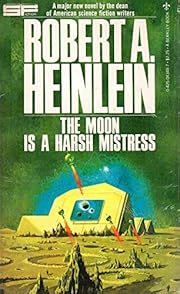As I’m writing this, the disaster of the Winter Olympics in China is unfolding. Nancy Pelosi has warned American athletes, “Do not risk incurring the anger of the Chinese government because they are ruthless.” In effect, she told them to shut up for their own safety. (I wish she’d thought to say that before they got on their flights.) The Chinese government has warned of “grave consequences” for criticizing its human rights abuses. Yang Shu, the deputy director of the event’s International Relations Department, has warned that “any behavior or speeches that are against the Olympic spirit, especially against Chinese laws and regulations, are also subject to certain punishment.”
Athletes in COVID quarantine have reported miserable conditions. Valeria Vasnetsova posted on Instagram, “I want all this to end. I cry every day.” NPR reports, “Her account has since gone private.” Athletes are, on the FBI’s advice, using burner phones to avoid having their every conversation identified by the thought police.
What does this suggest about the World Science Fiction Convention scheduled for 2023 in Chengdu? There are differences, but they could make it even worse for the Worldcon.
(more…)
 Robert Heinlein’s
Robert Heinlein’s  The early 1930s were a bad time for people who loved freedom. The Communists had taken over in Russia, as had the Fascists in Italy, and the Nazis were fast gaining power in Germany. The world economy had just crashed. In 1932, Aldous Huxley published
The early 1930s were a bad time for people who loved freedom. The Communists had taken over in Russia, as had the Fascists in Italy, and the Nazis were fast gaining power in Germany. The world economy had just crashed. In 1932, Aldous Huxley published